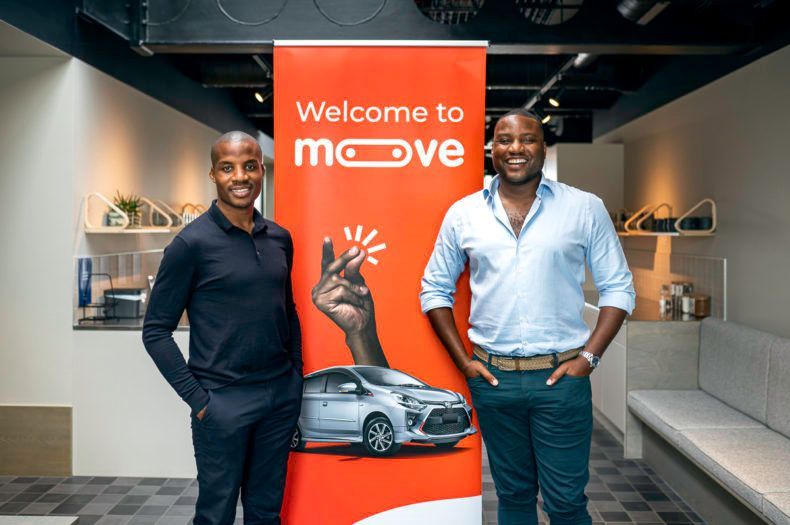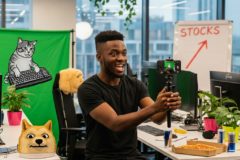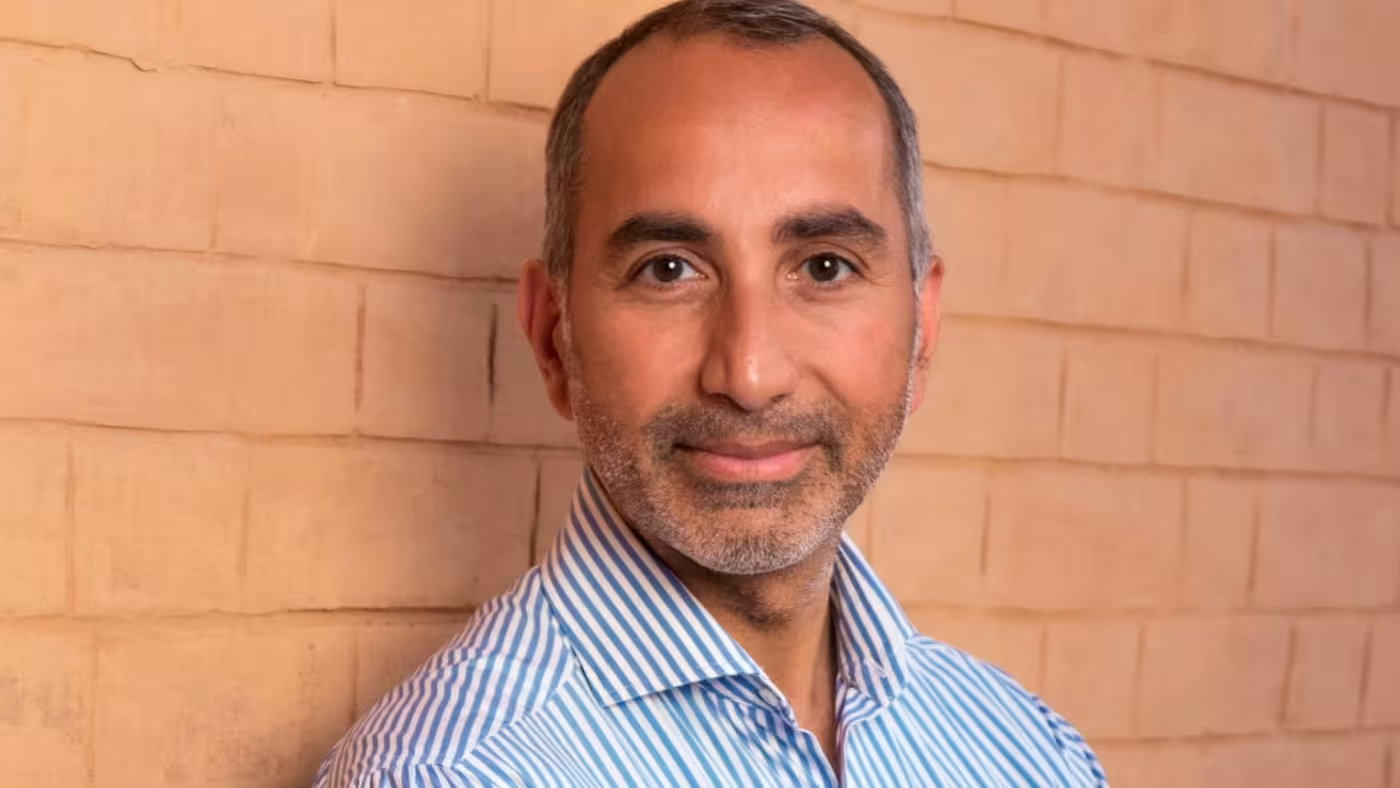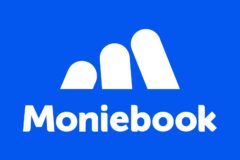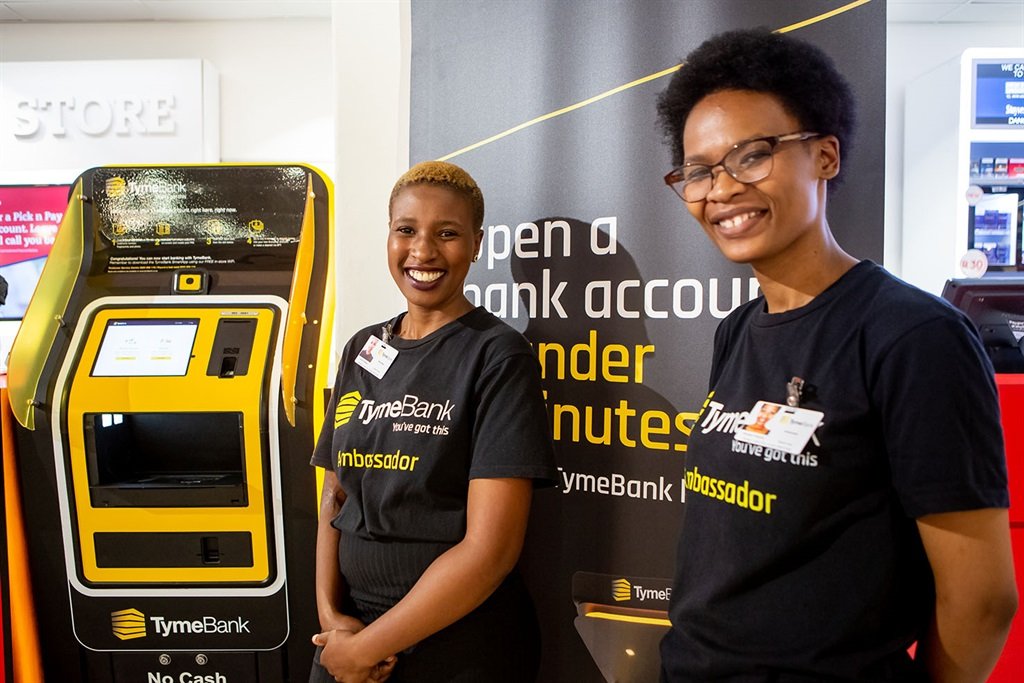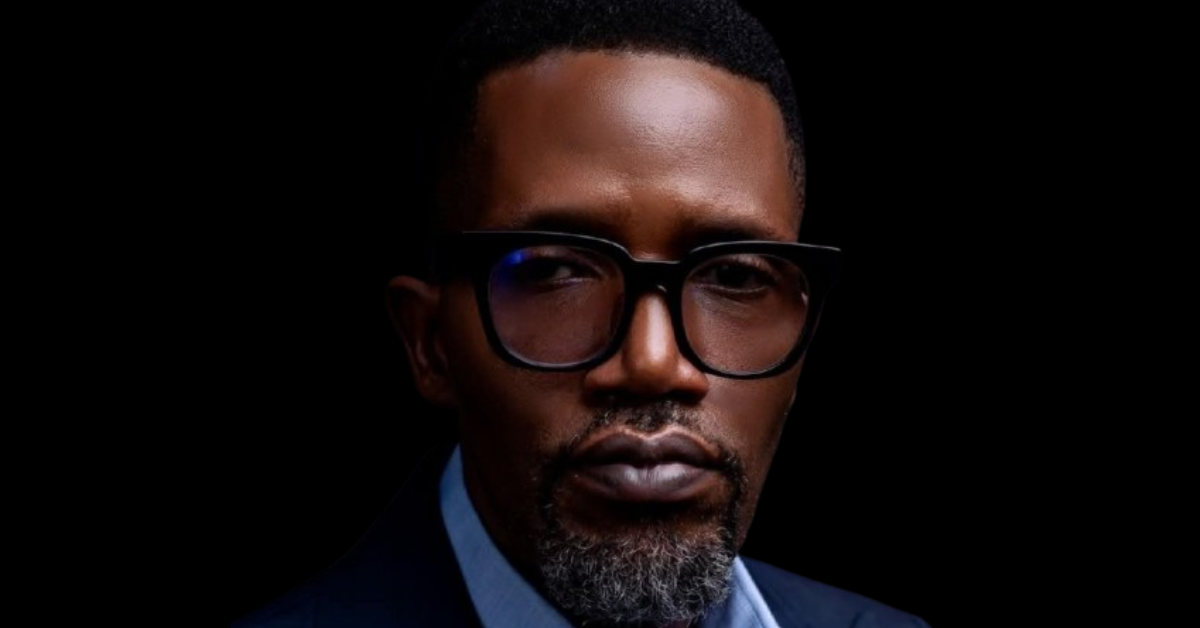
IN PARTNERSHIP WITH

TGIF🎊
The fourth episode of The Next Wave show is now LIVE.
In this episode, the guests talk about why Africa is becoming a leading destination for international recruiters, what this means for the local talent pipeline, the gaps that exist as well the untapped opportunities.If you missed the broadcast on CNBC Africa, you can catch up here.
The Next Wave is brought to you by TechCabal in partnership with Flutterwave. It airs on Wednesdays at 4:30 PM (WAT) on CNBC Africa (DStv Channel 410)

CRYPTO MARKET: SA REGULATES CRYPTO EXCHANGES

|
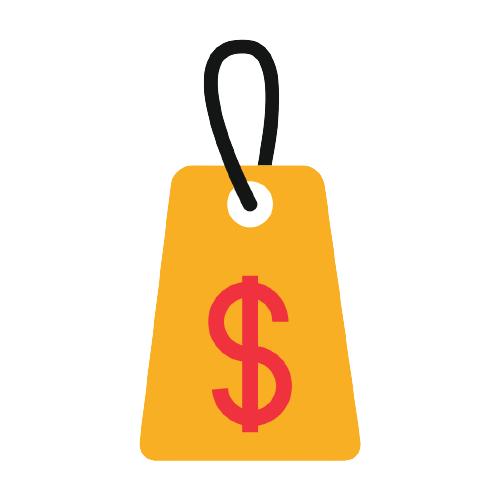
|

|
|---|---|---|
|
Bitcoin 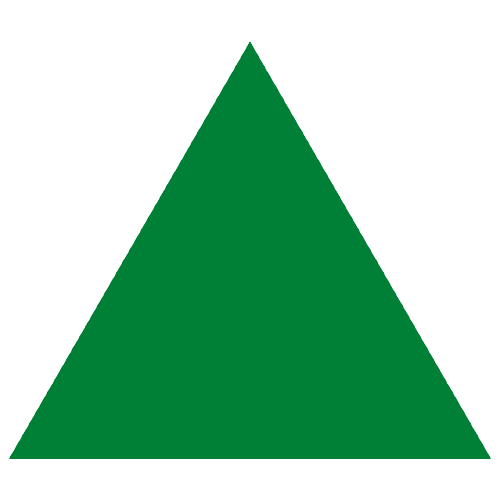
|
$17,220 |
+ 2.34% |
|
Ether 
|
$1,283 |
+ 4.38% |
|
BNB 
|
$290 |
+ 2.32% |
|
FTX Token 
|
$1.33 |
– 4.49% |
|
|
Source: CoinMarketCap
|
|
* Data as of 06:20 AM WAT, December 09, 2022.
QUICK FIRE 🔥 WITH NELSON IGBIRIKI
Nelson Igbiriki is the CEO and founder of Medtech Africa. He is a biomedical engineer with 8 years of industry experience in cardiology, radiology, and oncology care, with extensive work on medical device installation, implementation designs, and consultation, with a focus in Nigeria and sub-Saharan countries.

Explain your job to a five-year-old
I work with a team that uses technology to solve medical issues, and my job involves making decisions that are sometimes pleasant and frequently not so pleasant. I spend my time looking for ways technology can make it easier for those dealing with life-long health issues to recover faster and help doctors better understand their patients’ conditions.
What’s one piece of advice you wish you had earlier in your career/life?
Calvary is probably never going to come by waiting for the perfect opportunity, and overthinking steals the fun. Try new things and embrace failure as a journey.
What’s the biggest misconception people have about your job?
Most people still believe that working in medical technology, or rather biomedical engineering involves fixing patient beds, maintaining hospital equipment and sitting in offices.
Medical engineers use their understanding of engineering and medicine to conduct research and create cutting-edge treatments for medical issues. This is an intriguing profession that uses engineering expertise to develop medical tools, machinery, and procedures to treat, cure, or otherwise improve health conditions, saving lives in the process.
What’s the most exciting innovation to come out of African healthtech in the past decade?
The digitization of healthcare processes and telemedicine. I believe COVID-19 played a great part in opening people’s eyes to how technology can improve the way we get medical care as well as take care of our health.
Is tech the solution to medical innovation for Africans, given that so many Africans don’t have access to basic digital infrastructures or live in places where this isn’t sustainable?
A combination of technology and traditional methods of care is the best innovation for Africa.
People in Africa trust an institution and a doctor they can see better than a new standalone or cutting edge virtual care. I believe we are in the transition phase, where we are seeing a large adoption of technology by physicians and health workers, and that’s good. For instance, data technology is greatly improving how data is captured in communities for research and also democratizing global standards of care to local villages via telemedicine.
Hopefully, in the next couple of years, things will change. In the end, technology will win because the growing adoption of mobile technology will greatly impact the way we receive care in Africa.
What are the most critical problems you’re solving at Medtech Africa?
For healthcare, data is life. It is literally the difference between life and death.
Access to reliable patient data through testing and continuous monitoring is the first step to beating any chronic disease.
What we do at Medtech Africa is enable access to patient data and provide timely, essential information for managing chronic diseases like hypertension, diabetes, stroke, and heart failure.
We empower caregivers and health institutions with digital tools to address the full spectrum of chronic care. We have easy access to reliable patient data from any heart monitoring devices to enable data-driven care and assist in early detection, treatment planning, monitoring, and care throughout the lifetime of patients.
Apple or Android? And why?
Apple. When you join the Apple user community, there is no turning back! The well-integrated interoperabilities between my iPhone and Mac are what I love most about Apple. Being able to easily pick up whatever I was doing with my phone on my Mac is the second-best thing I love about Apple (after the copy and paste feature from iPhone to Mac).
What’s something you’re good at but dislike doing? and something you’re bad at but love doing?
Although I am an excellent cyclist, I can’t recall the last time I rode a bicycle.
I’m not good at singing, to name a few things. I enjoy singing and listening to music, and I listen to music for about four hours every day.
If you could be one Marvel, DC, or anime character, who would it be and why?
Unfortunately, I am not a big fan of anime, Marvel, or DC movies. I never loved them; I tried watching several of them but never finished any except Black Panther. If I could be a Marvel character, I would be T’chala, because he and the Black Panther franchise appeal more to black history. We rarely get to see black superheroes.
Receive money from family and friends living abroad in minutes this holiday season with $end.
Visit send.flutterwave.com and do it now!
This is partner content.
MOOVE SECURES $30 MILLION DEBT FINANCING

Weeks after abruptly letting go of a handful of employees, mobility startup Moove has secured $30 million from a debut sukuk issuance arranged by Franklin Templeton Investments (ME) Ltd. This debt round is the fifth raise Moove has had this year. It raised $10 million in February, $105 million in March, $20 million in debt funding in June, and $18.3 million in October.
This raise will facilitate Moove’s expansion into the United Arab Emirates (UAE). It will be deployed towards the purchase of 2,000 electric vehicles, that will operate in the UAE. According to the startup, they want to create sustainable economic opportunities, while accelerating the electrification of mobility and enhancing the ride-hailing passenger experience in the region. Moove estimates that this will contribute to a reduction of over 5,000 metric tonnes of carbon dioxide emissions annually, which will help the region achieve its zero-emission target.
Moove is a Nigerian-founded mobility startup that finances new cars and leases them to mobility entrepreneurs under a four-year payment plan that allows them to complete payment and own the vehicles. They are currently present in thirteen cities across three continents, including Europe and Asia.
JACK DORSEY BACKS EAST AFRICAN BITCOIN STARTUP

Image source: CNBC
Gridless, a bitcoin mining company that is focused on rural communities in East Africa, has raised $2 million in a seed investment round led by Jack Dorsey’s digital payments company Block, Inc., and Stillmark.
Gridless will use this funding to scale its efforts to electrify rural communities in East Africa through the expansion of its bitcoin mining operations across the continent.
Mining produces electricity?
No, it does the opposite actually. The mining of cryptocurrencies consumes a lot of energy. Cryptocurrency miners need a lot of power to perform the necessary complex computations on the blockchain. For example, it takes an estimated 1,449 kilowatt hours (kWh) of energy to mine a single bitcoin. So, these miners are always on the lookout for low-cost power. On the other hand, Africa needs more electricity, especially in rural areas. Gridless is born from the alignment of both needs.
Africa is a haven for renewable energy. There’s an estimated 10 terawatts of solar capacity, 350 gigawatts of hydro, and another 110 gigawatts of wind. It is less expensive to produce electrical energy using these methods than it is to use bio-fuel. So, Gridless supports renewable energy mini-grid developers to build electric grids faster and more sustainably in rural East African communities. The electricity generated from these sites is used to electrify rural communities, homes, businesses, mobility, etc., and the excess is used to construct and manage bitcoin computational mining datacenters.
In its first year of operation, Gridless has entered into five different project contract pilots in rural Kenya alongside HydroBox, an African hydroelectric energy company. Three of these pilots are now operational.
The company plans to use this fund to expand into other areas of East Africa.
Increase your online sales with a Paystack Storefront – a free, beautiful seller page that helps you bring creative ideas to life.
👉🏾 Learn more at paystack.com/storefront.
This is partner content.
TC INSIGHTS: FUNDING TRACKER

This week, Kenya’s social commerce company Kapu raised $8 million in seed funding. The round was led by Giant Ventures and Firstminute Capital, with participation from Founder Collective, Base Capital, Norrsken (Klarna co-founder Niklas Adalberth’s fund), Raven One, India’s Meesho, Brazil’s Facily co-founders, Twitter’s Biz Stone, Supercell’s Ilkka Paananen, Tom Blomfield of Monzo and serial entrepreneur Alexander Rittweger.
Here are the other deals this week:
- Egyptian fintech company OneOrder received $3 million in seed funding. The round was led by Nclude; other participating investors included MENA early-stage VC A15 and Delivery Hero Ventures.
- Synatic, a South-African data automation startup received $2. 5 million in seed funding led by Allan Gray E-Squared Ventures and UW Ventures. Adansonia PE, Opportunities VCC, and the Endeavor Harvest Fund also participated in the round.
- Egypt’s e-commerce company SIDEUP raised $1.2 million in seed funding from Launch Africa Ventures, 500 Global, Riyadh Angels, Alex Angels, Al Tuwaijri Fund and Saudi angel investor Faisal AlAbdulsalam.
- Nigeria’s prop-tech company VENCO raised 670k in pre-seed funding. The round was led by Zrosk Investment Management with participation from Voltron Capital, Decimal Point Ventures, Fast Forward Fund, Tayo Oviosu (CEO of Paga Group), Odun Eweniyi (COO of Piggyvest), Oo Nwoye, Desigan Chinniah, Dakar Network Angels and Viktoria Business Angel Network.
That’s it for this week!
Follow us on Twitter, Instagram, and LinkedIn for more funding announcements.
IN OTHER NEWS FROM TECHCABAL
Etisalat plotting acquisition of Vodafone’s Vodacom stake.
Fintech in 2022, 2023 predictions.
JOB OPPORTUNITIES
- Binance – SEO Content Specialist – Lagos, Nigeria
- Klasha – Senior Product Manager, Senior Product Designer – Lagos, Nigeria
- ETAP – Growth Associate – Africa (Remote)
- Digital Vision East Africa Limited – Android Developer – Nairobi, Kenya
- Optica Limited – Data Analyst – Nairobi, Kenya
- Habaripay (GTCO) – Front End Developer, UI/UX Designer – Nigeria
- Fooji Inc –Full Stack Developer – (Africa) Remote
- MTN – Senior Manager, Digital Marketing – Nigeria
- Big Cabal Media – Learning & Development Executive, Software Developer, Commercial Director, Sales Associate – Lagos, Nigeria (Hybrid)
- Zikoko – Money Writer, Inside Life Writer, HER Writer, Copy Editor – Remote
- TechCabal – News Editor – Africa
There are more jobs on TechCabal’s job board. If you have job opportunities to share, submit them at bit.ly/tcxjobs.
Do your friends know about TC Daily yet?
Listen, sharing is caring, and we’ve made a way for you to not just care about your friends, but get rewarded while at it.
How? It’s easy as ABC let’s show you.
- Scroll to the Refer A Friend section of this newsletter
- Tap the big red button {Click to share}
- Copy your link and share with your friends, or fill in their email and click {Send Invite}
Ps; If you have any problems with it, just reply to this email and we’ll sort you out.
What else is happening in tech?
- South Africa was wrong to patent an AI’s invention.
- Vodacom launches M-Pesa Rallonge, its Fuliza-like overdaft service in DRC.
- Electricity is back in Tigray after a two year blackout.
REFER A FRIEND
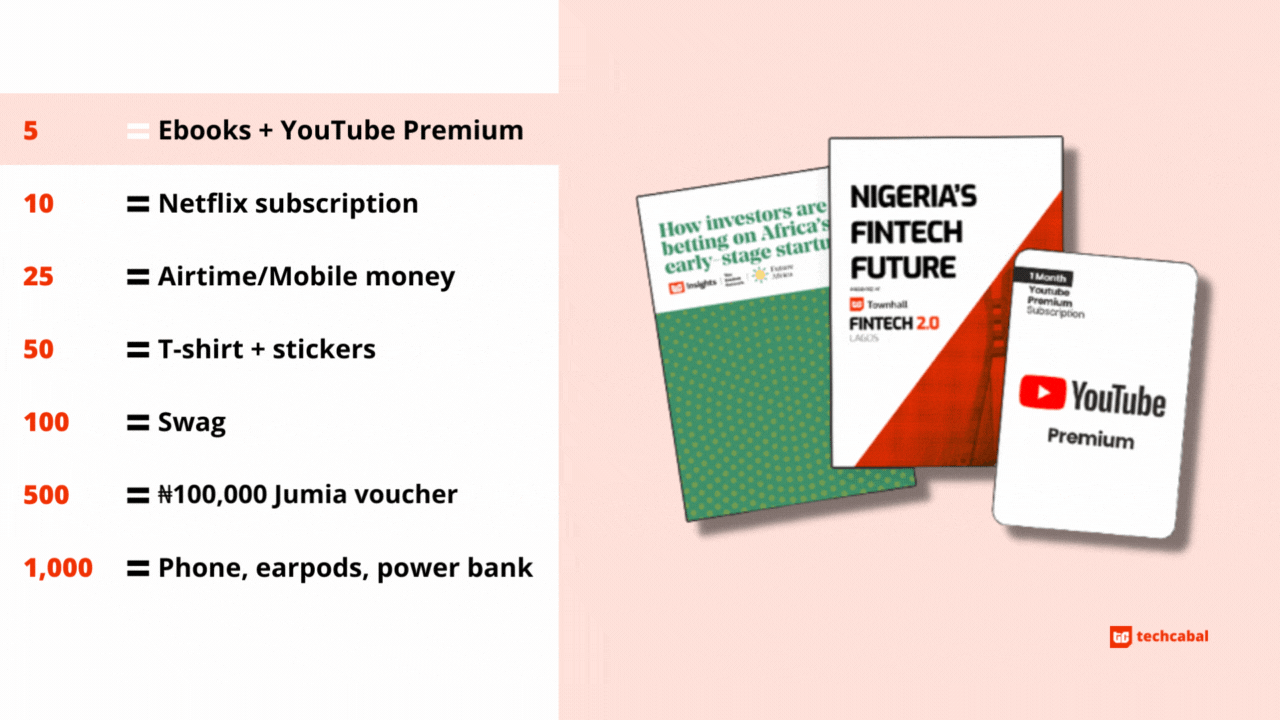
| Click to share | |||
Share your unique link | |||
| https://techcabal.com/referral/?email={$email} | |||
Share on social | |||
    | |||
| Powered by Viral Loops | |||









